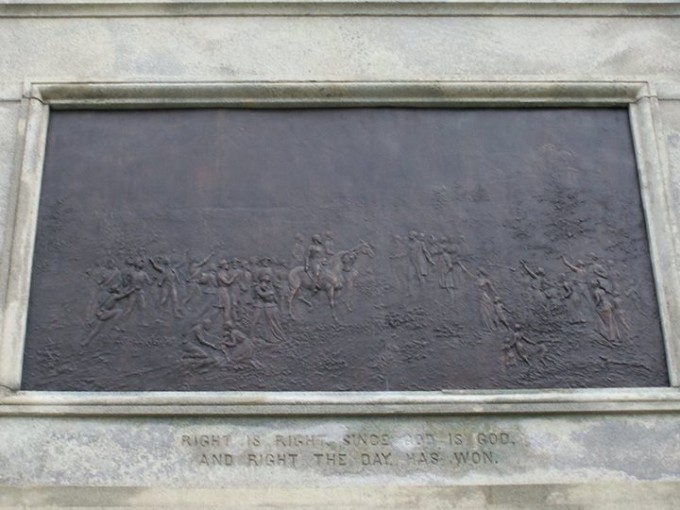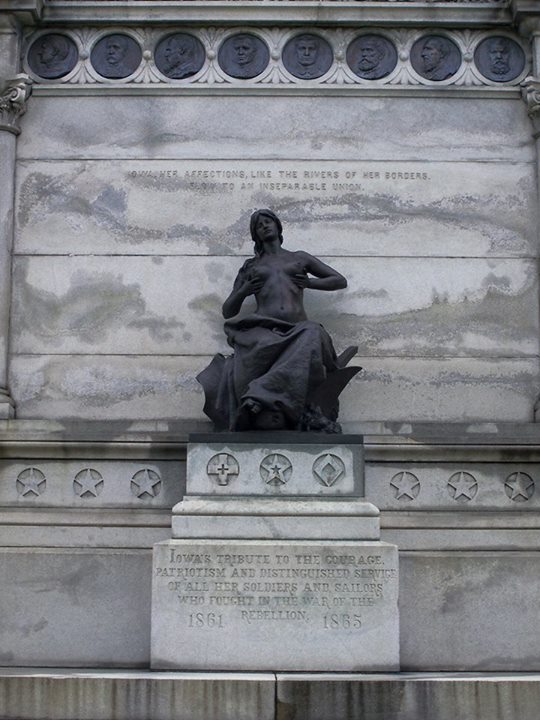
Tuesday, 13 October 2015
What is more, he was chosen by the churches to accompany us as we carry the offering, which we administer in order to honor the Lord himself and to show our eagerness to help. 2 Corinthians 8:19
This verse explains more about “the brother who is praised by all the churches” mentioned in the preceding verse. This brother “was chosen by the churches.” The word for choosing him is cheirotoneó . It specifically means “election by a show of hands” or “chosen by a vote.” It is only used one other time, in Acts 14:23, in the selection of elders in churches. This brother wasn’t only praised by all the churches, but he was also trusted by them as well.
Paul notes that his selection was “to accompany us as we carry the offering.” He was doing everything possible to ensure that the offering was not only collected without pressure, but also to make sure that it would be supervised and safeguarded by a group of people who could ensure there was integrity concerning its handling every step of the way.
It needs to be remembered that he is still in the process of stirring the Corinthians into action concerning their promise of giving. His words concerning this person are probably twofold then. First, they would not have to worry if the gift could be mishandled in any way because of how it was being collected and conducted to Jerusalem. Secondly, this designated representative, and in fact all involved in the process, would be aware of exactly how much was given by each church. If they didn’t meet what they promised, it would reflect negatively on them as a body.
As Paul continues, he says that the offering is one that “we administer in order to honor the Lord.” This “we” is all-inclusive of every person and each church involved in the gathering. Paul is the Apostle to the Gentiles, and those he ministered to were the fruit of his labors. They were mostly Gentiles who were tending to the needs of the saints in Jerusalem. Could there be a better way to “honor the Lord” than to meet the needs of those who were there, even during His earthy ministry and who were now in need? Thus in giving, they would be able to “show our eagerness to help.”
Life application: There are those who are older within the church. They may not be able to attend anymore because of infirmity. Wouldn’t it be honoring to the Lord for us to make visits to them in gratitude for their service to the church during their own youth? If we can remember that we meet because of their faithfulness, then it should put our visits and care for them in the proper perspective. Each time we gather, it is partly a result of their commitment to the very place where we meet.
Heavenly Father, please help us to remember those who can no longer attend the church because of age or infirmity. Give us the willing heart to stop by and visit from time to time and to share in how things are at the church they helped to maintain during their own youth. Thank you for their past faithfulness, and please help us to be equally faithful to them now. I know this would certainly be honoring to You. Amen.




